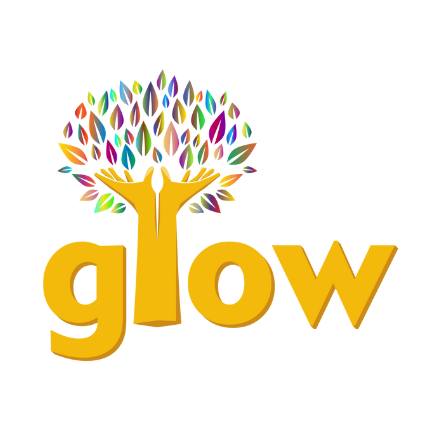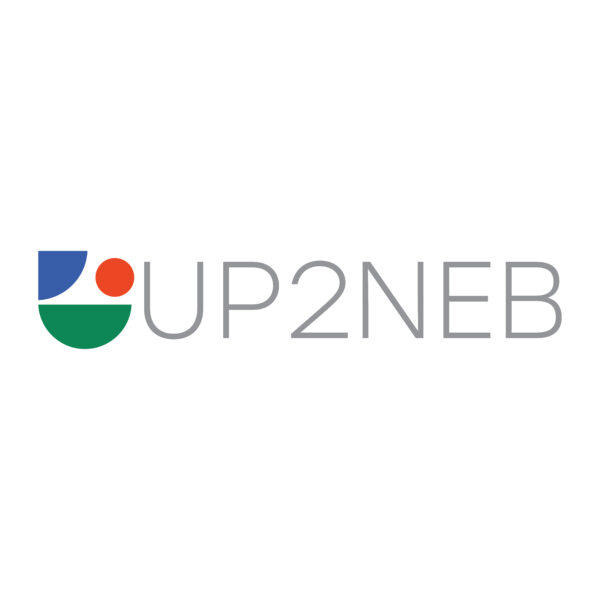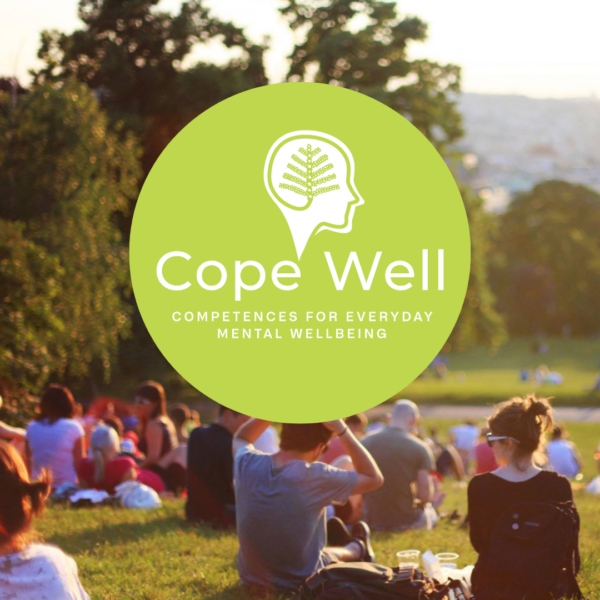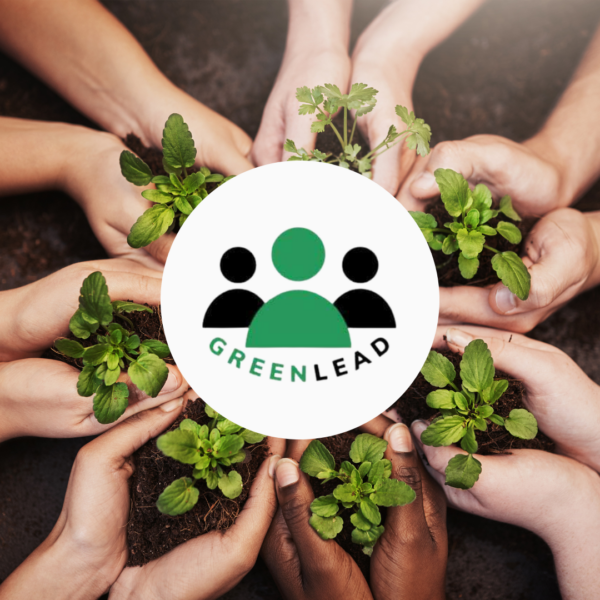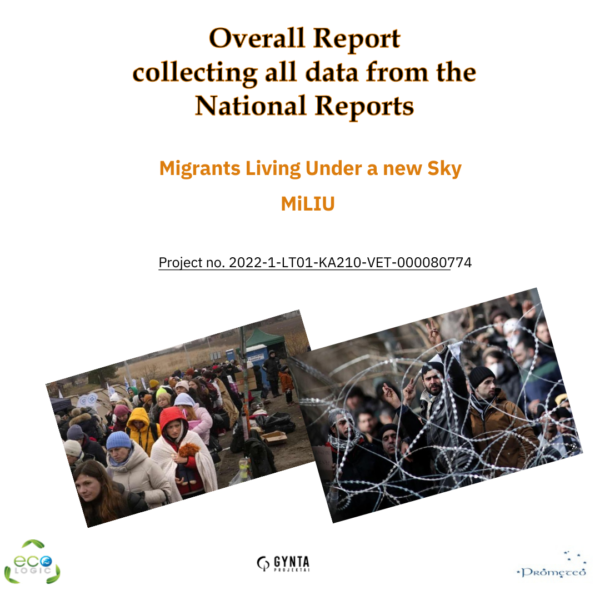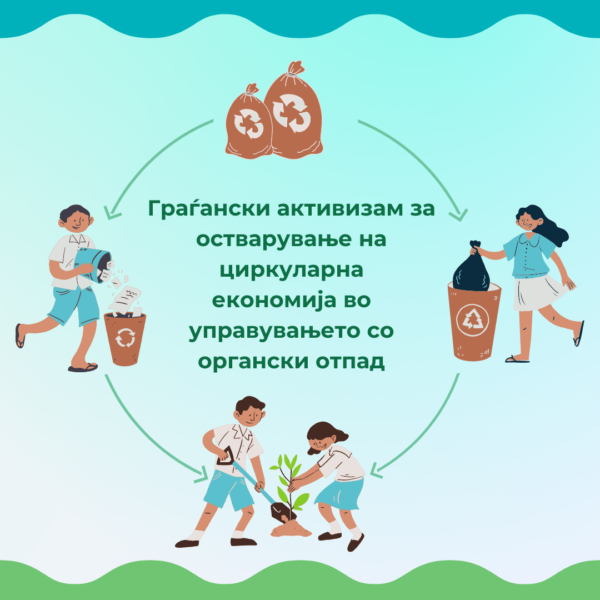Project title: Let’s Get Outside Now: Be, Learn, Grow Outdoors
Project acronym: GrowLearnOut(GLOW)
Project start date: 01-11-2021
Duration: 24 months
Project end date: 01-11-2023
Project ID: KA210-SCH-611147DF
Coordinator of the project:
Danish nature Approach, Denmark
Partner Organizations:
FREDERICK UNIVERSITY, Cyprus
Sølvstuffen barnehage, Norway
SYNTHESIS, Cyprus
Eco Logic, The Republic of North Macedonia
Centro Apoio Social de Paise Amigos da Escola no 10 -CASPAE, Portugal
Strom zivota, Slovakia
Context/Background
Μany schools of nature or forest schools adopt Forest Pedagogy, which first appeared in Sweden in the late 19th century and was established in Denmark with the first operation of a Forest Kindergarten in the mid-20th century. It is a widespread idea in the Nordic countries, Germany, Switzerland and, in recent years, elsewhere in Europe and internationally. It is based on the realization of a pedagogical process outside the narrow confines of a classroom that seeks learning in, with, and by nature and promotes the multifaceted development of the child through freedom and autonomy. Such work is of great importance because it helps rethink teaching, learning and learning environments and shape opportunities pertinent to experiences, autonomous learning, self-initiated activities, thought processes, skills development, performance, and creation, especially in an era that standards and tests continue to guide much of the dry learning that happens in schools. Furthermore, theorists and practitioners like Neil, Freinet, Montessori and Malagguzzi, created learning environments that relied on experiential learning, learning in the natural environment and outdoors, and made strong connections between the concept of autonomy and the experiences that individuals must have in order to
develop it. Such work, conception of education, and spotlight on the importance of outdoor experiences for learning is needed now more than ever. This is particularly critical for countries like the ones forming the consortium. GLOW involves partners from Denmark and Norway that have already embraced the concept of outdoor learning as a method of teaching and learning, as well as partners from Cyprus, Slovakia, Portugal and North Macedonia, as this approach is not very popular in these countries, which truly explains the needs of the target group. The project is called to support and promote outdoor learning and the forest pedagogy by creating small “schools of nature” that will foster mutual learning and idea exchange on environmental education by using learner-centred processes. The methodology applied by the project will promote the holistic development of the learner by developing key competences and characteristics such their curiosity and skills like self-awareness, self-regulation, autonomy, freedom, self-initiated activity, intrinsic motivation, creativity, etc.
The interconnection of learning and meaningful experiences will strengthen children’s learning and connection with nature. The aims of the project are to identify the needs, gaps and challenges of the current practices of schools as they are implemented within the broader educational policies in the partner countries and develop a pedagogy on outdoor learning, material, train teachers, some of whom shall become mentors and ambassadors of outdoor education, and develop activities, curricula, best practices and a policy report which will be disseminated to policy-makers and key stakeholders. The objectives of the project are to increase understanding of the interconnection of learning and meaningful experiences, strengthen children’s learning and connection with nature, enhance collaboration between schools across Europe, support teachers and schools through the developed methodology, stuntmen the efforts for the adoption of outdoor education related policies. In particular, the aim is to develop an action framework that will guide the content and the structure of the learning activities for the teachers, design and develop a pedagogical methodology for learning, create a repository of learning activities, form a network of learning communities, prepare a \\\best practices report and policy paper. Participants will be schools, including students and teachers from the partner countries; around 21 schools, 26 teachers and approx. 200 children aged 3-7.
Objectives:
The aims of the project are to identify the needs, gaps and challenges of the current practices of schools as they are implemented within the broader educational policies in the partner countries and develop a pedagogy on outdoor learning, material, train teachers, some of whom shall become mentors and ambassadors of outdoor education, and develop activities, curricula, best practices and a policy report which will be disseminated to policy-makers and key stakeholders.
The objectives of the project are to increase understanding of the interconnection of learning and meaningful experiences, strengthen children’s learning and connection with nature, enhance collaboration between schools across Europe, support teachers and schools through the developed methodology, stuntmen the efforts for the adoption of outdoor education related policies. In particular, the aim is to develop an action framework that will guide the content and the structure of the learning activities for the teachers, design and develop a pedagogical methodology for learning, create a repository of learning activities, form a network of learning communities, prepare a best practices report and policy paper. The specific objectives of the project are to: 1. Increase awareness of the teaching and learning practices adopted in each partner institution. 2. Improve flexibility in thinking about the ways and forms in which education and learning can happen, as reflected in their own descriptions and discussion about learning. 3. Develop and strengthen personal teaching philosophies that celebrate learning outside the classroom. 4. Increase teachers’ sharpness to identify needs and gaps, and interpret and find alternative solutions to ill structured situations regarding teaching and learning practices.
5. To strengthen outdoor education by implementing such learning activities in preschool and primary education.
6. To foster a learning environment and idea exchange for the promotion of schools of nature in Europe.
7. Raise awareness about outdoor learning and the concept of the school of nature at a policy level.
8. Advocate for adoption of outdoor learning in the current school curricula.
Activities:
GLOW sets a clear methodological and strategical path for developing resources for outdoor education for early school education (children 3-7). The project will produce the following results and activities: a) A framework for action which will guide the content and the structure of the learning activities for the teachers participating in the LCs.
It will provide the guidelines for reflection of the current delivery methods and suggestions for integrating activities for the promotion of the outdoor learning in the current school curricula (R1).
b) A pedagogical framework for outdoors learning in early school education (children aged 3-7), which will assist teachers in implementing activities that promote the concept of the school of nature using learner-centered processes to create a community for being, development and learning. A set of learning activities that teachers could use and build on while piloting the material. The aim of the activities is to provide teacher with a set of activities that take place in the natural environment and that could be potentially integrated in the activities of the current school curricula (R2).
c) The creation of learning communities and the implementation of learning activities in schools in pre-primary and primary education. The aim of this output is the development of a network of schools in the partner countries that will participate in activities that promote a learner-centred approach in education in which learners learn from each other and contribute to the learning process. The learning communities will foster a learning environment for the promotion of schools of nature in Europe (R3). The learning community activities will include both online interactions among schools and face-to-face interactions when possible.
d) A collection of best practices (R3) for thepromotion of social inclusion from schools participating in the learning communities. The best practices will be collected during the piloting phase in R3.
e) A policy recommendations report which will provide recommendations for adopting outdoors learning in the current school curricula.
f) The implementation of training/learning activity. The goal of the learning activity is to increase understanding of the interconnection of learning and having meaningful experiences, help teachers strengt,hen children’s learning and connection with nature, enhance collaboration between schools across Europe and support teachers and schools through the developed methodology. The learning/training activity is a vital part of the project and it will take place at the beginning of the second year as it will equip educators with the skills needed to test and integrate the new curricula in their school activities.
g) 6 local multiplier events in the partner countries and a transnational conference in Cyprus.
